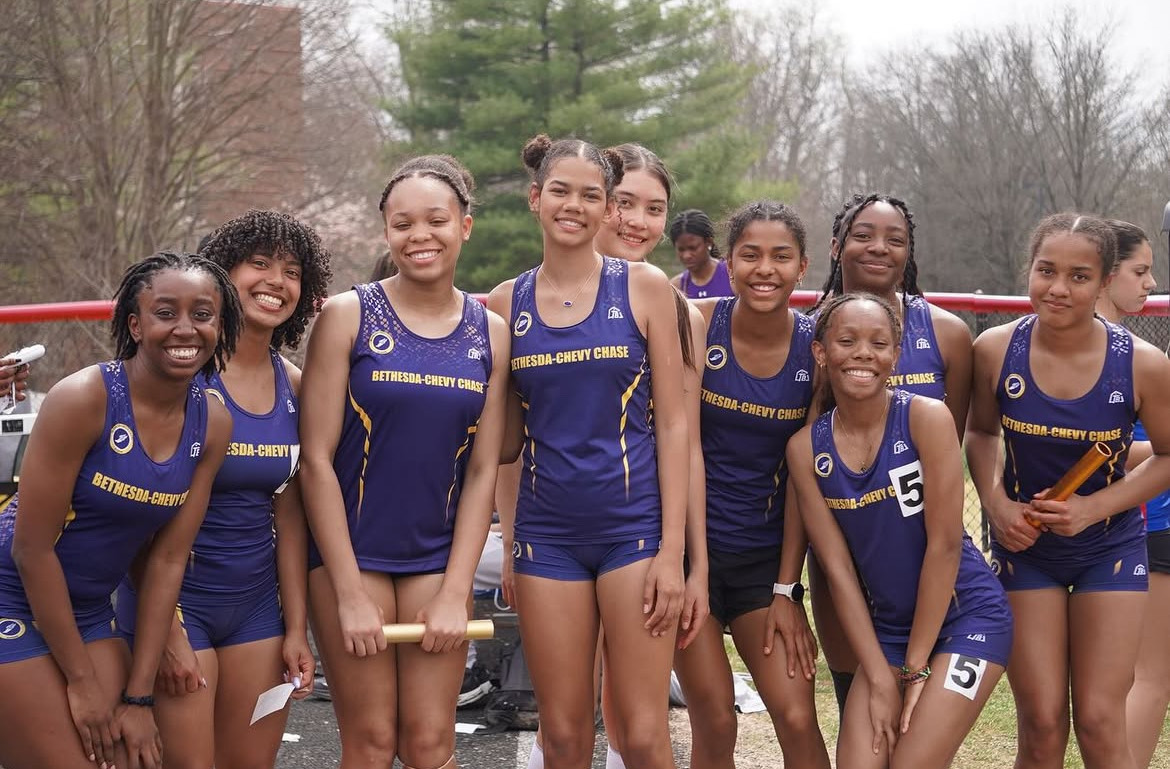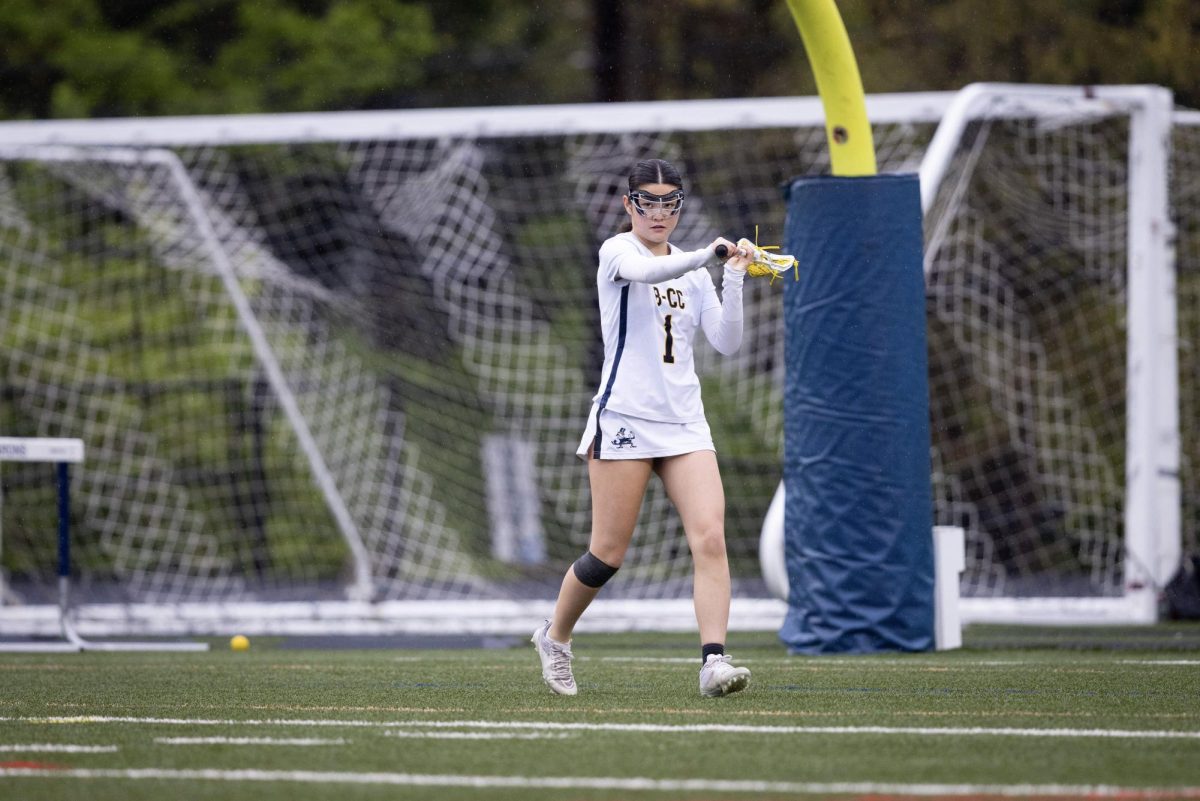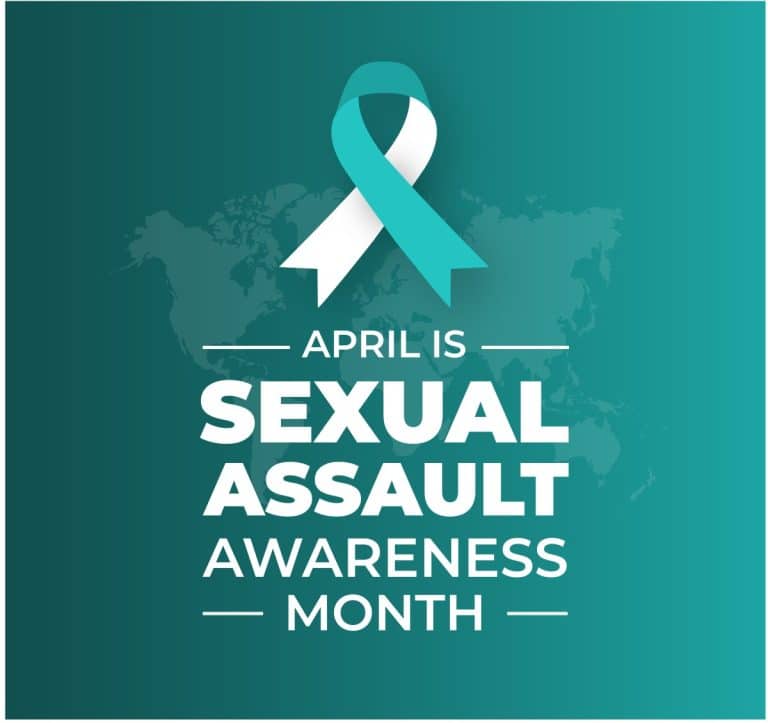Trans Athletes in Sports
June 9, 2023
From the start of our education, we have been instilled with morals centered around inclusivity and fairness. We are told that there is a place for everyone, regardless of how our backgrounds, ethics, and interests may differ from those around us. These morals are at the forefront of the debate surrounding transgender athletes, specifically male-to-female transgender athletes, in collegiate sports.
For the better part of history, we have lumped athletes into two categories depending on gender binary: you are either competing as a biologically female athlete or as a biologically male athlete. Over the past two decades, this traditional binary exclamation in athletics has been called into question as transgender athletes demand to be written into the playbook of sports.
Yet, for once in our lives, I believe the morals we were taught are simply not enough to draw a decisive conclusion to the debate. As a Division I student-athlete, this debate is one that is not black or white, but rather a multitude of gray. Even without the rigidness of a solution that is black and white, gray is still complicated; the debate is painfully sensitive for both sides of the argument.
On one hand, many believe transgender athletes “threaten” female sports arguing that an already limited space for female athletes has no room for biologically male athletes even if they identify as a female. They believe that at the prioritization of inclusivity, we will sacrifice biologically female athletes, putting them at yet another disadvantage. I put the word threaten in quotation marks because I highly disagree with the narrative of transgender athletes taking on an antagonist role, especially in the media; I believe strongly in keeping the integrity and humanity of these transgender athletes no matter the stance on their participation.
Those in support of letting people compete based on their gender identification rather than their biological gender. This side of the argument believes not letting transgender athletes compete under the gender of their identification risks harm to their mental state and heightens gender dysphoria, two factors that play a disturbing role in the sheer magnitude of the number of suicides in the transgender community.
While I empathize with the side of the argument that says let these athletes play, let me offer my personal perspective as a cisgender female athlete. My day can look like this: I’m up at 4:15 AM to make my 4:45 AM swim practice before I’m headed off to a full day of school only to immediately head back to the pool for another practice lasting anywhere from two to almost three hours in the evening. These practices are grueling workouts that require mental and physical diligence and grit that realistically only a small percentage of people are willing to do. It takes a certain level of tenacity that has made me the Division I athlete I am today.
Speaking from experience training with the men’s team, there are simply not enough hours in the pool or weight room that will ever make up the biological physical difference that gives my male counterparts a major advantage. They are quicker, stronger, and simply faster in the water because of their biological advantages; in short, the fastest woman will never be faster than the fastest male.
I’ve had the privilege of doing the sport I love for over a decade in a space that feels like home. The women’s locker room feels right, and my female teammates feel more like sisters than anything else. I cannot imagine feeling uncomfortable in an environment that demands so much of me both physically and mentally, hence my immense respect and empathy for transgender athletes who choose to pursue a place where they feel welcome. Yet, we cannot ignore the biological differences that these transgender athletes possess in fear of seeming openly transphobic or exclusive in female sports.
I don’t have a solution to the debate, but I believe in keeping humanity rooted at the center of our conversations. This topic comes with a lot of emotional baggage for everyone involved; unfortunately, this is not an ideal world where there is a win-win solution that meets the wants of both sides. While the morals instilled in us at that young age might not miraculously conjure up a solution, compassion for everyone involved will ensure that whatever the future solution might be, it is one reached from respect and understanding from both sides.










































Wren • Jun 12, 2023 at 11:53 am
There are some two dozen trans students at B-CC. Of them, maybe 3 participate in sports. I don’t know a single trans woman who is a member of a woman’s sports team at our school.
While I appreciate the empathy and moderation with which you approached the topic, to me as a trans student it feels tone-deaf to focus on the non-issue of trans women in B-CC sports, especially given that it’s pride month and this year has seen unprecedented erosion of transgender rights.
adviser • Jun 13, 2023 at 6:44 am
Thank you for your thoughtful response. A reminder that the Tattler encourages comments that address content in the article, like this one.